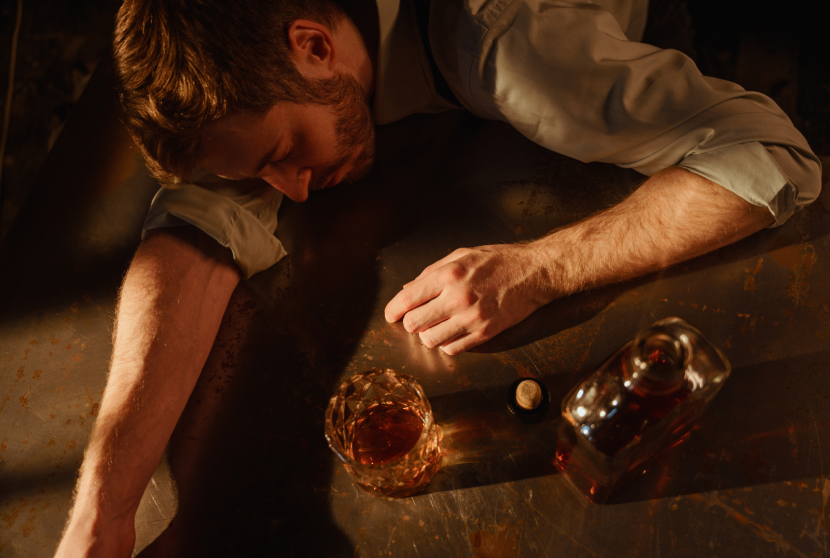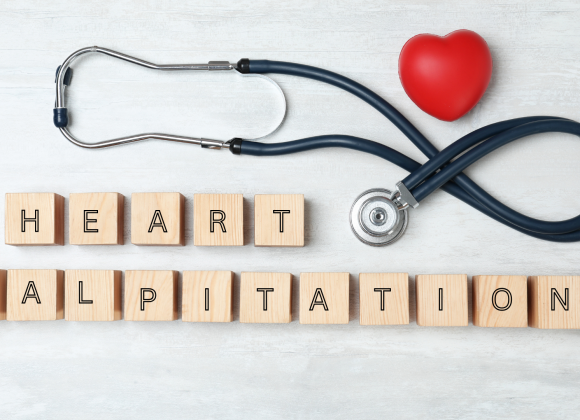“First you take a drink, then the drink takes a drink, then the drink takes you.”— F. Scott Fitzgerald
Waking up with a pounding headache, dry mouth, nausea, and regret? You’re not alone. Hangovers are the body’s unpleasant response to drinking too much alcohol. But what causes a hangover? What’s going on inside your body? And most importantly—how can you feel better faster?
In this guide, we break down the science of hangovers, the common symptoms, and evidence-based solutions so you can bounce back the next day.
What Is a Hangover?

A hangover is the group of unpleasant symptoms you feel after drinking alcohol—typically the morning after. It’s a sign your body is struggling to recover from the effects of alcohol and its byproducts.
According to Harvard Health Publishing, there’s no single cause—but rather a mix of chemical and biological disruptions that alcohol causes in your body.
The Science: What Causes a Hangover?
Here’s what’s happening when you overindulge:
1. Dehydration
Alcohol is a diuretic, meaning it makes you pee more. This leads to dehydration, resulting in symptoms such as thirst, headache, dizziness, and dry mouth.
2. Electrolyte Imbalance
Losing water also means losing essential electrolytes, such as sodium and potassium. That contributes to muscle cramps, fatigue, and irritability.
3. Blood Sugar Drop
Alcohol can lower your blood sugar, resulting in shakiness, mood swings, weakness, and fatigue.
4. Gastrointestinal Irritation
Alcohol irritates the stomach lining and increases acid production. This causes nausea, vomiting, and stomach pain.
5. Sleep Disruption
Even if you fall asleep quickly after drinking, alcohol reduces REM sleep, leading to poor-quality rest.
6. Congeners
Dark liquors like whiskey, brandy, and red wine contain higher levels of congeners—chemical byproducts that worsen hangovers. Mayo Clinic confirms that drinks with fewer congeners (like vodka) are less likely to cause severe hangovers.
Common Symptoms of a Hangover
Most hangovers peak when your blood alcohol content (BAC) returns to zero—but the effects can last up to 24 hours.
Symptoms include:
Hangover symptoms can vary but often include headache, nausea or vomiting, fatigue, and weakness. Many people also experience dizziness or lightheadedness, intense thirst and dry mouth, and mood disturbances such as anxiety or irritability. Difficulty concentrating, sensitivity to light and sound, and muscle aches are also common, making even simple tasks feel overwhelming the next day.
How to Prevent a Hangover
The best hangover is the one you never get. Here’s how to drink smart:
- Drink slowly and in moderation
- Alternate alcohol with water
- Eat before and while drinking
- Avoid sugary or carbonated mixers
- Choose lighter-colored drinks (less congeners)
- Stop drinking several hours before sleep
🧠 Read more from Drinkaware UK – Hangover Prevention
Final Thoughts
At the end of the day, a hangover is just your body’s way of saying you’ve overdone it. While there’s no magic pill to cure it completely, being smart about how and what you drink can make a big difference. Things like staying hydrated, eating well, and pacing yourself go a long way in keeping the morning-after misery to a minimum. So the next time you’re out having a drink, just remember—your future self will thank you for keeping it in check.




